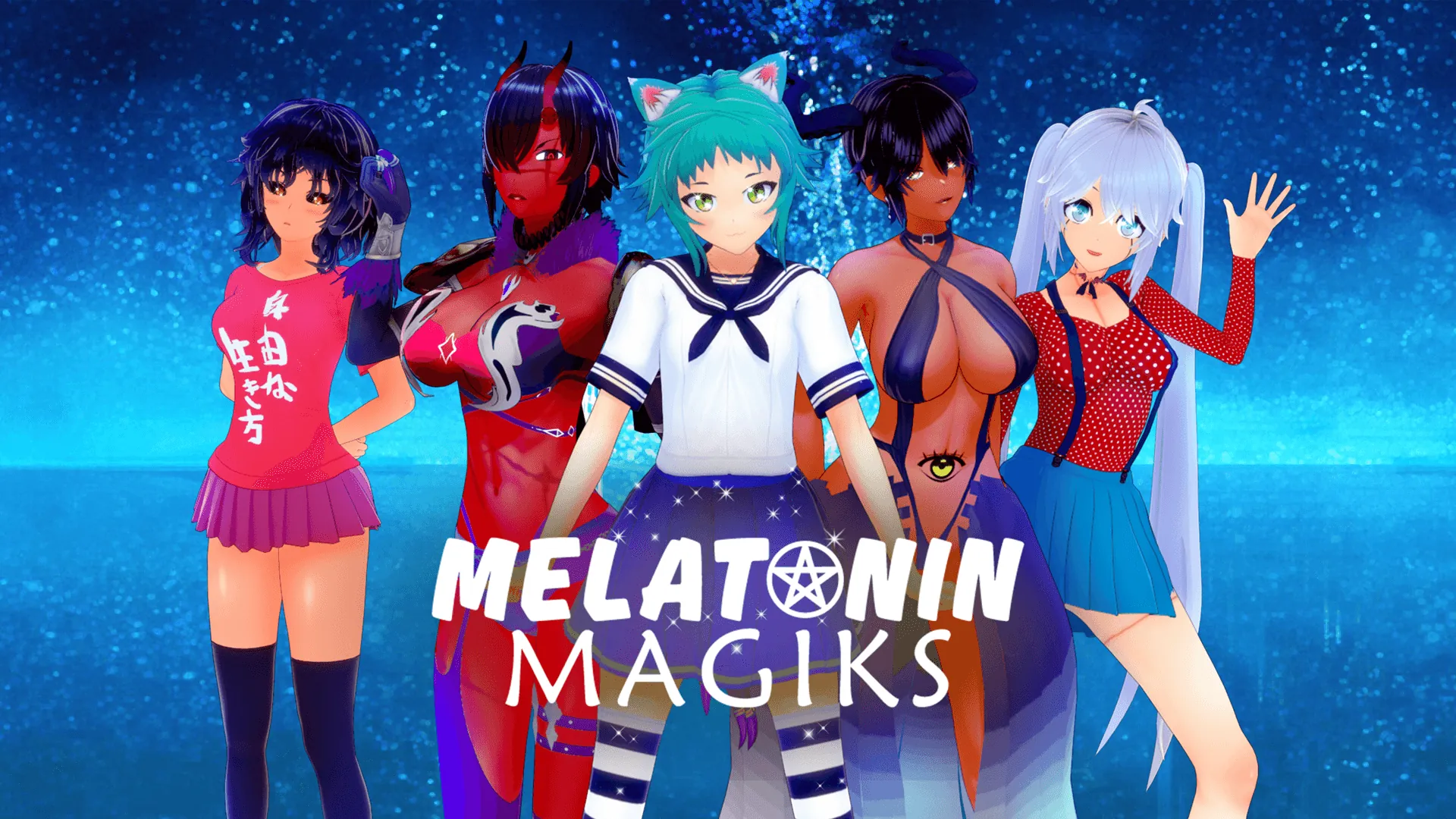
Play Projekt : Passion
Projekt : Passion review
How Narrative Depth and Player Choice Redefine Adult Visual Novels
In an era where interactive storytelling pushes creative boundaries, Projekt: Passion emerges as a standout title blending cyberpunk aesthetics with meaningful player agency. This adult-oriented visual novel captivates audiences through its layered narrative and character-driven scenarios, offering more than typical genre expectations. Let’s examine what makes this sci-fi adventure resonate with players seeking substantial storytelling alongside mature themes.
Cyberpunk Worldbuilding and Narrative Architecture
Layered Storytelling in a Dystopian Future
Picture this: neon-lit alleyways dripping with acid rain, corpo skyscrapers casting shadows over slums, and a rogue AI humming hymns through cracked speakers. Projekt: Passion doesn’t just build a cyberpunk world—it breathes life into its dystopian future through layered storytelling that’s sharper than a nano-blade. 🌀 The game’s three-act structure isn’t some rigid cage—it’s more like a jazz improv session, where your choices riff on the main melody.
Take the opening act: You’re not just “some merc” chasing credits. You’re a relic hunter caught between warring megacorps and an underground synth-cult. Every data chip you steal or informant you betray weaves into a cyberpunk narrative design that feels less like a script and more like a living ecosystem. I once ignored a side mission about a glitching android poet—only to later find their corpse repurposed as a corpo propaganda machine. Oops.
The real magic? How sci-fi visual novel conventions collide with cinematic pacing. Main missions push you toward earth-shattering revelations, while side arcs—like helping a street kid decode their cybernetic implants—reveal the human cost of progress. It’s Blade Runner meets Choose Your Own Adventure, with a soundtrack that’ll make your spine tingle. 🎧
| Playstyle | Average Hours | Key Differences |
|---|---|---|
| Casual Run | 12-14 | Focuses on core plot, minimal side interactions |
| Completionist | 28-32 | Unlocks hidden factions, alters ending permutations |
💡 Pro tip: Talk to every NPC twice. Their second dialogue tree often hides plot bombshells disguised as small talk.
Branching Dialogue Systems and Consequences
Let’s cut through the chrome: most games treat dialogue like a vending machine—press button, get snack. Projekt: Passion turns conversations into minefields where every word could detonate your relationships. The branching dialogue trees here aren’t just “nice/mean/funny”—they’re personality probes that dissect your morals, loyalties, and worst impulses.
Remember that mission in Neon Alley? You’re negotiating with a drug lord who’s also your ex-lover. Choose between:
– 🔵 Cold professionalism (“We’re not here for nostalgia”)
– 🟢 Vulnerable honesty (“I still think about Vega Station”)
– 🔴 Brutal pragmatism (“Your sentimentality’s bad for business”)
I picked option three—and spent the next three hours dealing with a rival gang takeover she’d previously kept in check. The player consequence system doesn’t just change endings; it reshapes the entire playground.
What’s wild is how these choices compound. Early-game snark to a bartender might mean they “forget” to warn you about a trap later. The game tracks micro-decisions through a hidden “Trust Matrix,” affecting everything from romance options to which allies bail you out during heists. It’s like playing 4D chess with your own conscience. ♟️
And yeah, mature theme integration isn’t just about risqué scenes—it’s about forcing you to confront exploitation, identity erosion, and whether revolution is worth the collateral damage. When my hacker partner Zara asked me to erase her childhood memories? I froze. There’s no “right” answer—just scars that shape the story.
Ethical Complexity in Character Relationships
Here’s where Projekt: Passion stabs you right in the feels: every relationship is a tangled web of power plays and fragile trust. Take Jax, your cyborg fixer with a vendetta against biotech corps. Help him sabotage a lab, and he’ll gift you a prototype weapon. But refuse? He’ll secretly sell your location to scavengers. 🕷️
Romance isn’t safe either. Pursue Lira, the corpo spy, and you’ll juggle steamy rooftop trysts with moments where she’ll manipulate intel to test your loyalty. One wrong move and—poof—she’s airlocking your secrets to the highest bidder. The game forces you to ask: How much betrayal can love stomach?
What’s genius is how the cyberpunk narrative design mirrors real-world ethical dilemmas. A subplot about rationing medical aid between refugees and mercs had me paralyzed—until the game auto-selected based on my previous “ruthless efficiency” stats. Turns out, consistency has teeth.
🛑 Warning: Don’t get attached. Three playthroughs in, I’m still mourning the AI companion I abandoned to save processing power.
The beauty? There’s no morality meter. Just cause/effect chains that make you judge your own choices. When my squadmate Kael sacrificed himself to hack a mainframe, I realized it was because I’d mocked his “sentimental” habit of collecting vintage vinyls. Guilt: the ultimate gameplay mechanic.
So yeah, Projekt: Passion isn’t just pushing buttons—it’s rewiring how we think about consequence, connection, and what we’ll become to survive tomorrow. 🔥 Your move, detective.
Projekt: Passion demonstrates how mature-themed narratives can achieve artistic depth through thoughtful design. By prioritizing player agency and character development over shock value, it sets a new benchmark for story-driven experiences. For those seeking meaningful interaction within cyberpunk settings, this title deserves attention. Consider supporting independent creators pushing boundaries in interactive storytelling.























